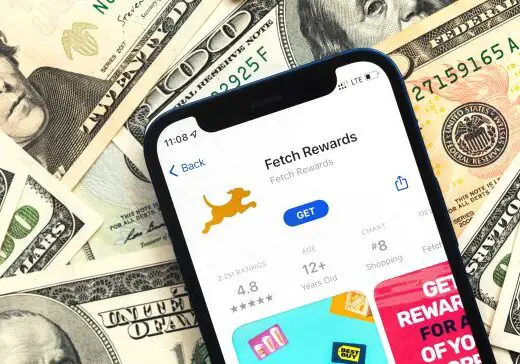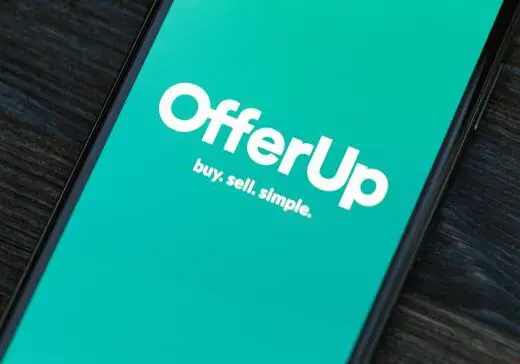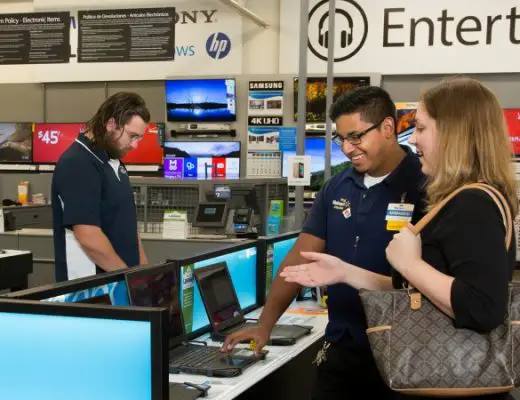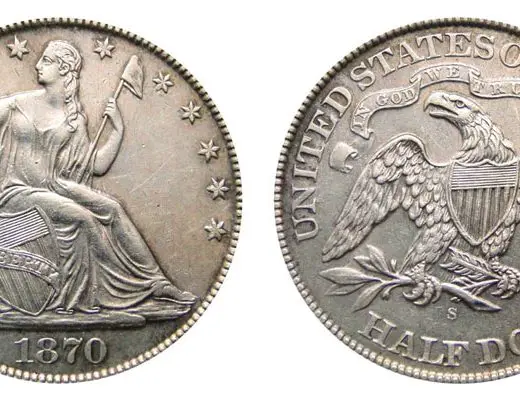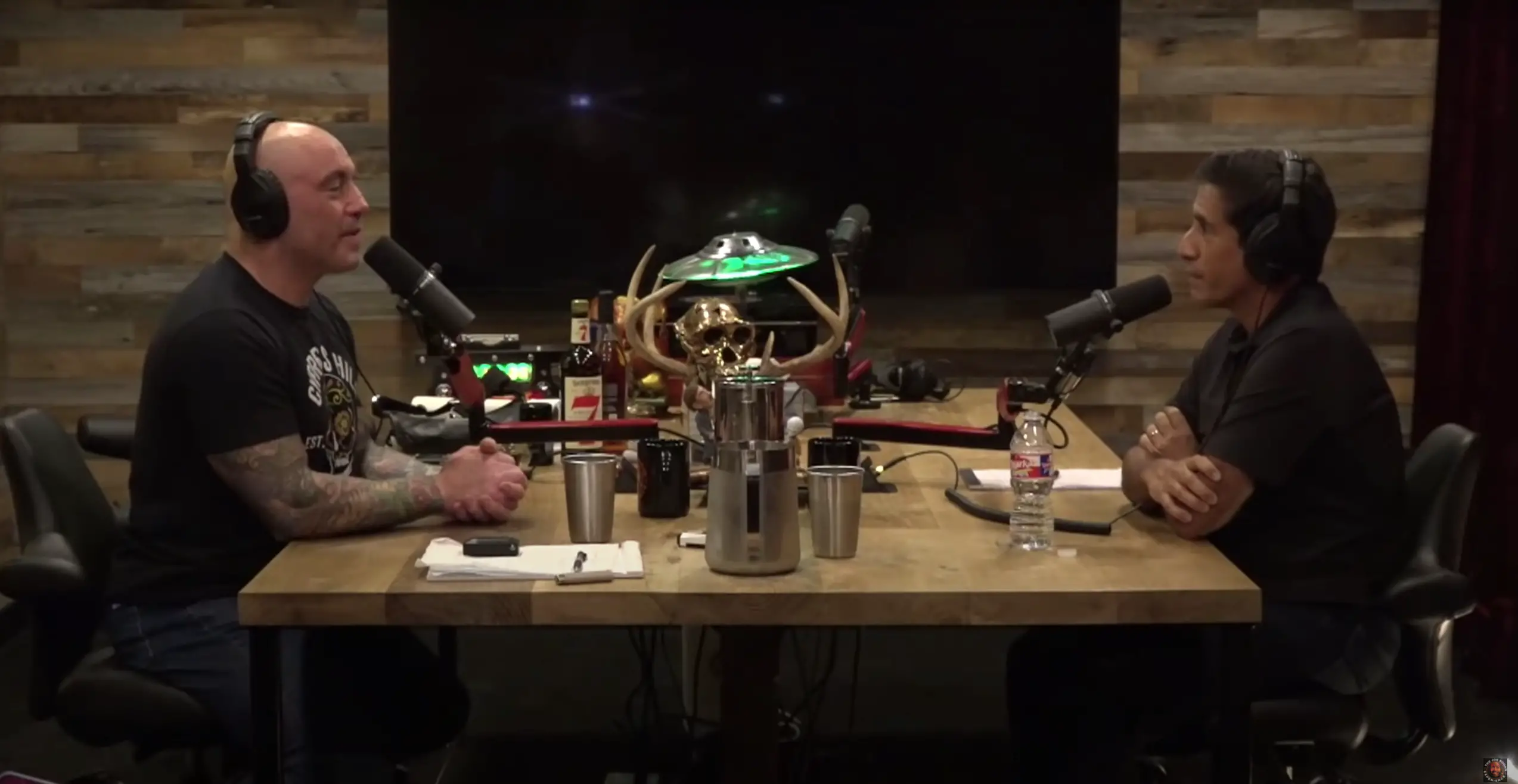
CommonCentsMom.com is advertiser-supported: we may earn compensation from the products and offers mentioned in this article. However, any expressed opinions are our own and aren't influenced by compensation. The contents of the CommonCentsMom.com website, such as text, graphics, images, and other material contained on this site (“Content”) are for informational purposes only. The Content is not intended to be a substitute for professional financial or legal advice. Always seek the advice of your Financial Advisor, CPA and Lawyer with any questions you may have regarding your situation. Never disregard professional advice or delay in seeking it because of something you have read on this website!
With Google reporting more than 10 million monthly searches for podcasts, it’s safe to say podcasts are only going to rise in popularity.
The reason for podcasts being so popular is people can listen to them on the go. While driving, while commuting, during lunch, while laying in bed. It’s an easy way to absorb information without needing to bring something physical along like a book.
But before starting a podcast, anyone who treats podcasting more than just a hobby is going to wonder how much they can make. To be frank, most podcasts make $0. Are you surprised? Beginner podcasters have a negative cash flow since they spend money on equipment like microphones before earning anything.
But if you can manage to create a podcast that grabs people’s attention, you could be tapping into a goldmine. Bloomberg reports that top podcasts in 2020 are making more than 1 million in revenue per year!
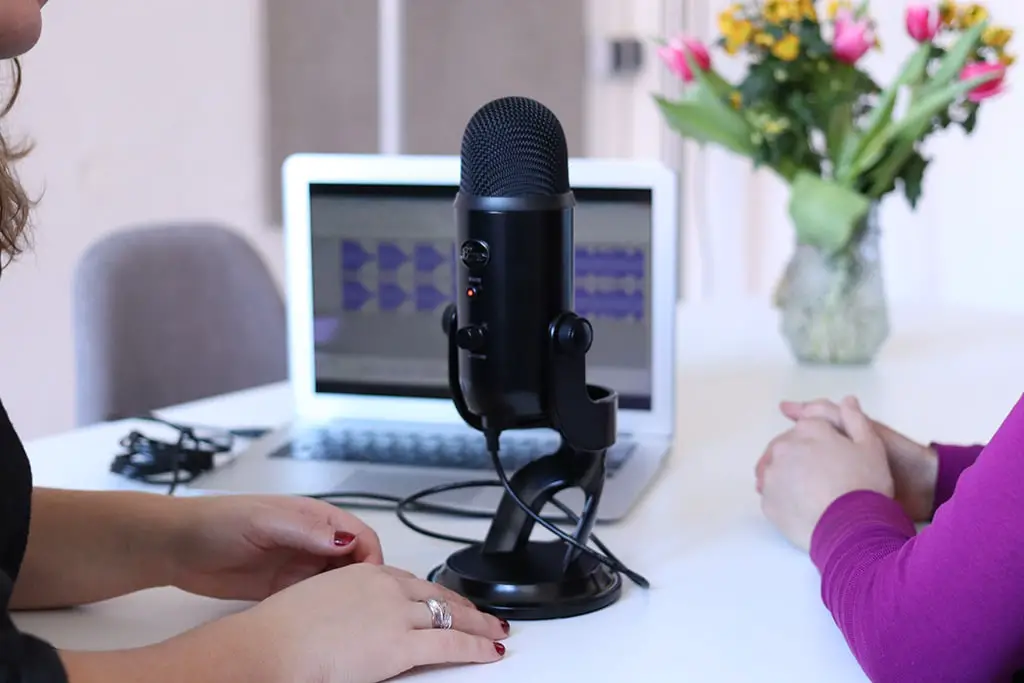
Podcasting Monetization
Podcast monetization is a pretty common topic in the podcasting community. Everyone has their own opinions and techniques. But what is exactly monetization? Is it the same as advertising? Or is it different? Is it something you can create on your own, or is it more of a “paid” subscription model? The most important thing to understand about monetization is that there are different types of monetization and each one has its own unique challenges.
Advertising is where you take the content you create and sell it to a third party. For example, a podcast network might run an ad for your show and then pay you to run that ad on your show. The advantage of advertising is that you are the publisher of the content and therefore you have complete control over the content. You can decide what kind of ads you want to run, how many times they will run, etc.
Podcast advertising is often considered to be the “free” option in podcasting monetization. Advertising has its own challenges and problems but overall it’s a pretty good option for monetization if you can get people to listen to your show and/or share it with their friends.
Subscriptions are where you take your exclusive content and sell access to it for a monthly fee. You can charge a one-time fee or you can charge a monthly fee. Either way, subscribers are the ones paying for premium or early access to your content instead of advertisers paying for access to your content. This is usually how people hear about podcasts in the first place. People usually discover new podcasts through their RSS feeds and when they click on that link they are taken directly to the popular podcast website where they see all of the podcast episodes (unless they use an app like Stitcher or Downcast). Then, if they decide that they want to subscribe, they go through the process of entering their credit card information or using an iTunes, Amazon, or Apple podcasts account which has been set up by their friend who told them about the podcast.
Subscriptions have their own challenges and problems as well. You have to convince people to give you their credit card information or use iTunes, which is not very secure. You also have to spend a lot of time setting up the system, creating a beautiful user interface, etc. The problem with subscriptions is that they are very time consuming and difficult to set up.
Another challenge with subscriptions is that they require a pretty significant digital marketing effort if you want to get people to subscribe. If you want your podcast to be successful you have to go out and promote it and get people interested in it in the first place. It’s not like advertising where someone just clicks on your ad for your show because they want to listen, it’s usually because they heard about it from a friend or someone else recommended it. So how do you get people interested in your podcast? How do you tell them about it? And how do you get them to subscribe? It’s an enormous challenge!
We will discuss more about podcasting monetization later in the article.
How much can hosts on podcasts make money?
A podcast host is the person who has created the podcast and is responsible for all of the show’s content. They can also do a lot of other things to promote their podcast, like write articles, sell t-shirts, make merch and stickers, etc. In order to create a podcast and host it, you need to use a service like Libsyn or Blubrry. There are other options as well but these two are what most people use. Podcast hosts can be paid for all of their premium content or they can monetize their podcasts in different ways.
Podcasting gigs are where you pay people to appear on your show. For example, if you are interested in getting a guest on your show to talk about how they started their own podcast, then you can reach out to them and ask if they would be interested in appearing on your show. This can be a great way to get some podcasting experience and build your audience at the same time. An audible commission is where you are paid to appear on someone else’s podcast. If you’re interested in this, then you can reach out to podcasters who have a similar audience to yours and see if they would be interested in having you on their show.
The amount you make from podcasting depends on which method you decide to monetize, the number of subscribers you have, and your conversion rate. Each method has its own paygrade, whether you’re in sponsorship, affiliate program, or you’re selling your own products.
Many podcasters don’t make money from podcasting. Some do it as a hobby, while others may not know how to monetize their podcasts effectively.
Unfortunately, there’s no average income for podcasters. The key is to have a thorough knowledge of your niche, your target audience, and the types of sponsors/advertisers that are right for your target audience.
Unfortunately, there’s no average income for podcasters. The key is to have a thorough knowledge of your niche, your target audience, and the types of sponsors/advertisers that are right for your target audience.
With that being said, let’s take a look at the most common ways to monetize your podcast so you can get an idea of the kind of money you can make.
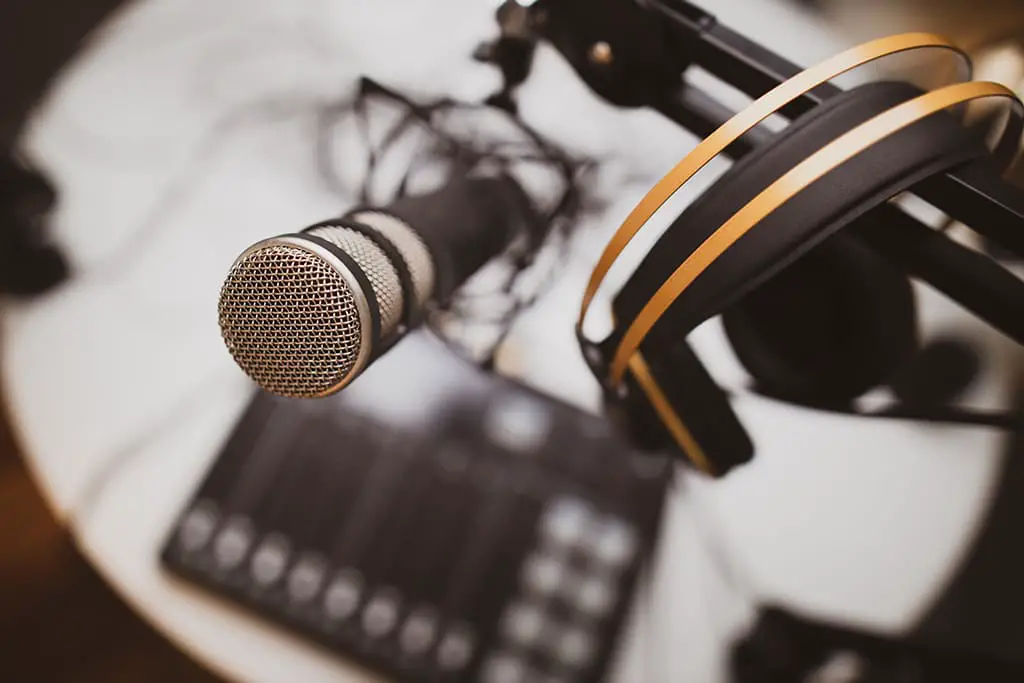
1. Podcast sponsorships
If you can provide value to your podcast listeners through your podcast, you will get sponsors. In fact, for most new podcasters, sponsors are their primary source of income stream.
Let’s look at Entrepreneurs on Fire as an example. They started a podcast, devoted their time to it, made it intriguing, and built a podcast audience. Just 6 months after the launch, they began to attract sponsors. They even had their first 5 figure month 6 months in, earning $12,584, which 85% was from sponsors alone.
If you’re looking at making money through the CPM (cost per impression) model, you’ll earn:
$18 per 1,000 downloads for a 15-second ad.
$25 per 1,000 downloads for a 60-second ad.
To put this into perspective, if you get 5,000 downloads for a 15-second ad, you’ll make $90.
If you get 5,000 downloads for a 60-second ad, you’ll make $125.
With those small numbers in mind, you better get cracking and look for ways to grow your audience. It’s suggested you use your first earnings on things like advertising to get your name out there.
Live events are another way to monetize a podcast. You can sell tickets to your live event or you can charge people for a VIP experience. Either way, you are charging people for access to your content. This is a pretty good option if you have something like a conference or concert that you want to promote as well as run an event where you charge people for access to the event.
2. Affiliate marketing
Affiliate marketing is another excellent way of making money through podcasts, especially if you find yourself mentioning products often.
An affiliate program is when a company gives you a link or code you can promote to your target audience. The commission earned from this link depends on the price of the product or how much the shopper spends. But you can usually get anywhere from 7%-75% while some companies pay a flat rate.
Affiliate programs are different than sponsorships. Anyone can join an affiliate program (as long as you can meet their basic terms), while sponsorships are selected more carefully.
In a way, being a part of an affiliate program could be more profitable than having sponsorships. If you’re posting an affiliate link to a $50 product and you’re getting 15% as an affiliate, if you get even 10 referrals, you’ll make $75.
However, the best case would be to have sponsors and affiliates.
3. Sell your products and services
Before looking for sponsors and affiliate programs, consider the products or services you already sell. Are they relevant to the audience that tunes into your podcast? If the answer is yes, you could leverage your audience to make more sales.
Being in your listener’s earbuds is a powerful way to build authority and trust with your audience. A great way to catch their attention is to offer exclusive discounts, which will also build brand trust as much as personal trust.
You can even plan some podcasts to be about your products. Introduce a problem, expand on it, then introduce your product as the solution. Chances are if you’re known for your product, listeners are already thinking about buying.
The best part about selling your products or services is that you get to keep 100% of the money!
4. Crowdfunding
Crowdfunding is where you use your existing audience to raise money for your podcast. This is typically used by podcasters who have a low-budget and/or have been working on their podcast for a long time. The idea is that you get the funds to cover expenses or pay off any debts you might have while you work on the show. Crowdfunding is another option but it has its own challenges and problems.
On social media, you can post a call to action and then let people vote on it. For example, you might ask people to rate your podcast and then tally up the votes. This is pretty much like voting on a Kickstarter project.
It’s important to note that you can use all of these methods for monetization in any order you want. You don’t have to do one thing first before moving on to the next. If you’re interested in advertising, it’s perfectly okay to start out with advertising and then move on to subscriptions or crowdfunding if you decide that those are better options for your podcast.
5. Advertisecast
Advertisecast is where you have your own ad-supported podcast and then get advertisers to pay you to have their ads run on your show. The big difference between this and advertising is that in the advertisecast model, you have full control over the content. You can decide what kind of ads you want to run, how many times they will run, etc.
Advertisecast is often considered to be the “free” option in podcasting monetization. Advertising has its own challenges and problems but overall it’s a pretty good option for monetization if you can get people to listen to your show and/or share it with their friends.
The amount of money you make with advertising is completely dependent on how many people listen to your show and/or share it with their friends. You also have to factor in the time you spend producing your show and show notes. The more people that listen to your show, the more money you will make from advertising.
What percentage of podcasters make money?
No one knows the answer to this question. It’s impossible to determine a podcaster’s earnings from their download numbers. In the world of podcasting, however, anything’s possible!
Is it possible to make a living from podcasting?
The key to making money from your podcast is to tailor your content to a specific target audience. Once you’ve determined your target audience, it’s necessary to know all about them. This knowledge is then used to create weekly content that engages your target audience.
Once your podcast has become established, it can become an excellent source of income. But don’t make the mistake some podcasters make—they start monetizing too early and/or push their audience too hard. The key is to start by making your podcast free. Once it offers a fantastic experience for the audience, it’s possible to start monetizing your podcast.
How long does it take for a podcast to make money?
A podcast that’s starting from scratch, without an established audience, can take up to six months to a year before it starts making money. It’s crucial to develop your brand and reputation, as well as deliver top content consistently before an audience is willing to pay to listen to the podcast.
This also applies to sponsors. They want to see consistent top-quality material and an engaged audience before they’re willing to pay.
The 10 highest earning podcasters in the world
Now that you know how much money you can make by podcasting, let’s look at the highest earning podcasters in the world for some inspiration.
1. The Joe Rogan Experience
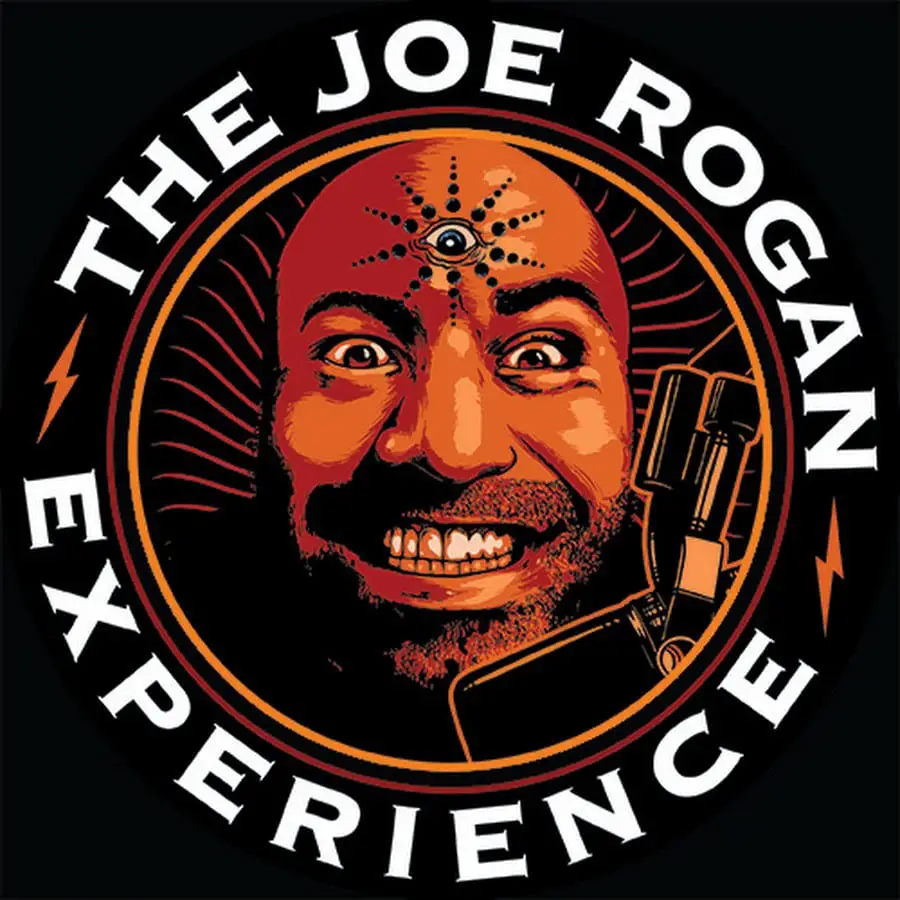
With over 9 million followers, Joe Rogan is perhaps podcaster with the largest audience on the planet, and his income aligns with this show’s popularity.
On the Joe Rogan Experience podcast, you won’t miss anyone’s experiences. For every episode, Joe brings in inspiring figures to talk about their life, goals, projects, or anything interesting. He’s interviewed industry leaders like Elon Musk, Sam Harris, and even Mike Tyson.
Joe Rogan’s podcasts make approximately $75,000 per episode. At 3 episodes per week, this podcast is earning $900,000 per month and $10.8 million per year!
It’s no wonder he’s racking in cash with this podcast. He’s got over 40 sponsors supporting him, including 23andMe, Athletic Greens, and Calm.
Update May 2020: Joe Rogan just signed an exclusive multiyear deal with Spotify worth $100 million. This pushes him even further ahead of the pack of the richest podcasters in the world.
2. Chapo Trap House
Chapo Trap House is the American political humor podcast, which started back in March 2016. 4 people host it, each of them hilarious as the podcast is known for its “laugh my az off” commentary.
This podcast earns most of its money from patrons (fans who support their favorite podcasts). As of now, they have 34,213 patrons, making them $153,055 per month. That’s $1.8 million per year.
Unfortunately, this group of podcasters does need to split the profit. But even with an income of 460K per year each, I think they’re doing pretty well.
3. Smart Passive Income
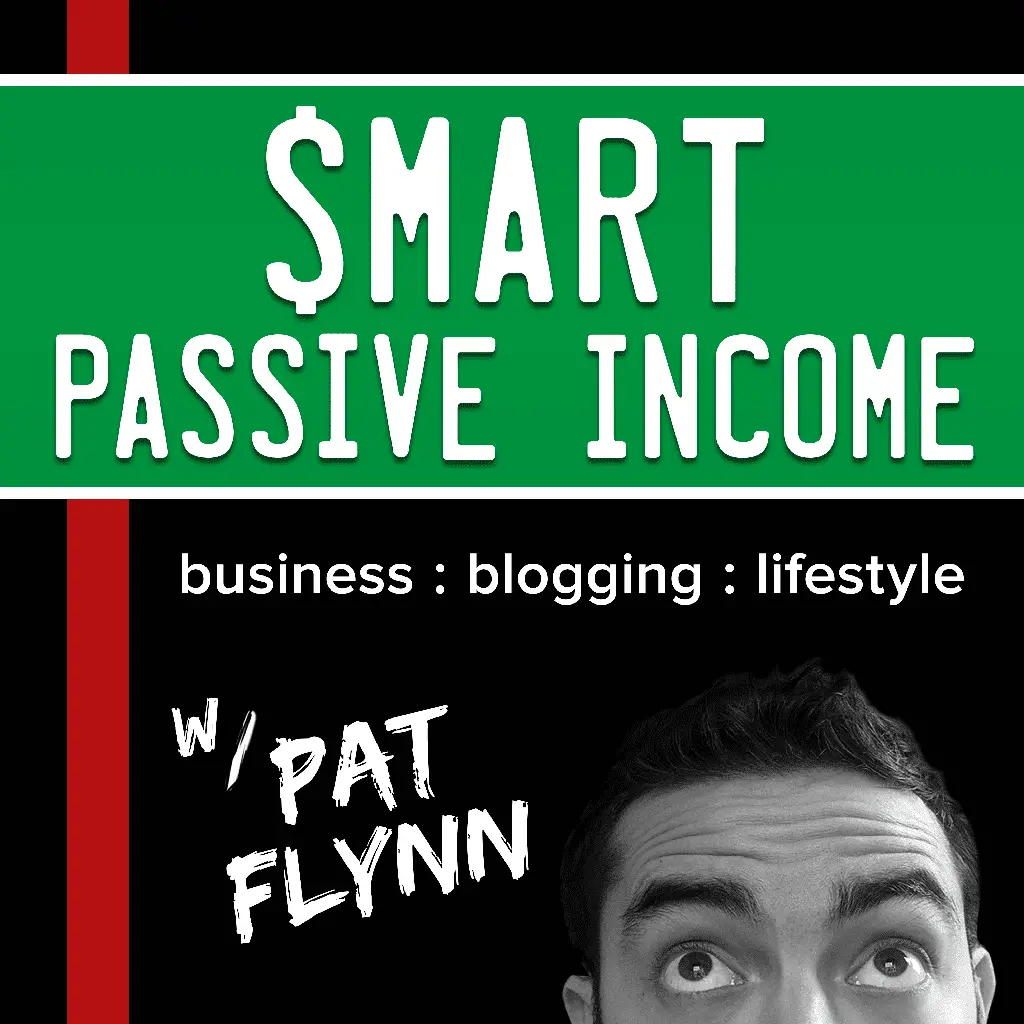
Smart Passive Income is exactly as it sounds. Pat Flynn brings aboard everyone who knows the ins and outs of passive income to teach listeners all about how to live a life in pajamas. His podcasts interview other podcasters, and he often interviews his affiliates.
Here’s an example of a podcast that makes big bucks from affiliates. While Patt Flynn runs two podcasts, the two make a combined income of $100,000 per month in affiliate revenue.
4. Last Podcast on the Left
There’s nothing better than tuning in to a good horror story, right? Last Podcast on the Left, hosted by Ben Kissel, Markus Parks, and Henry Zebrowski, is all about different horror stories. Both fictional and non-fictional. The group goes on tour to give their fans live podcasts.
Up to date, they’re nearing 500 episodes ranging on topics like alien sex and vultures. And, they have a broad base of horror-loving fans with 11,346 patrons. Although they don’t earn as much as the podcasters mentioned above, thanks to their patrons, they earn $55,898 per month and $670,776 per year.
5. Tiny Meat Gang
Ex-Viners and YouTubers, the two comedians Cody Ko and Noel Miller, came together to create a podcast that makes people chuckle. While their episodes have nothing to do with meat, they do make humor out of things like celebrity gossip, how to be manlier, and sometimes political topics.
Like Last Podcast on the Left, this dynamic duo also travels to give live shows. The travel time and live shows pay off, as they’re often a full house. The Tiny Meat Gang has 10,638 patrons and make $51,199 per month and $614,388 per year.
6. Doughboys
Food and humor, what could be better? The two comedians, Mike Mitchell and Nick Wiger, hop around to review different fast-food chains. What’s best about their podcast is the reviews are 100% honest. So, even if they’re getting the food for free, it doesn’t mean they’re going to go easy on anyone. They also compare different chains in battles, such as who has the best curly fries.
Doughboys is sitting at 8,094 patrons. Although their earnings aren’t published for the public, it’s assumed they make anywhere between $23,000 and $58,000 per month. That’s pretty good, considering the fast-food niche isn’t for everyone, especially the granola and quinoa eaters.
7. The Ringer
Are you obsessed with sports, pop culture, and podcasts? The ringer podcast is where you can get all 3. This podcast was launched in 2013 by Bill Simmons. He brought along several editors that previously worked with him on Grantland, an ESPN owned blog he operated from 2011 to 2015. On this podcast, you can listen to commentary about recent games and news about celebrity campaigns.
It seems the popularity of sports and pop culture never dies. The Ringer attracts more than 15 million listeners per month. In 2018, Bill Simmons made $15 million in revenue.
8. True Crime Obsessed
It’s only human nature to be curious about crime, and Patrick Hinds and Gillian Pensavalle turned that curiosity into a podcast. The podcast focuses on reviews and recaps of the most gruesome and chilling crime stories. But it’s not as serious as it seems — this pair brings the perfect balance of humor, entertainment, and analysis needed to lighten up a heavy crime story.
Patrick and Gillian have built exceptional relationships with their fans and now have 13,718 patrons. Although TCO’s income isn’t public knowledge, it’s estimated they make around $1.2 million per year.
9. Second Captain’s World Service
Second Captain was launched in 2013 in Dublin and remains the most listened to podcast in Ireland today. Again, the best podcasts aren’t run by only one person (except for Joe Rogan and Pat Flynn). This podcast consists of a team of 5 podcasters, which allows them to run a full-time podcast business publishing one podcast 5 days per week! They cover a variety of topics like sports, politics, and the latest news.
They make money by charging their audience $5.55 per month for access to their podcasts. With 11,383 subscribers, they make $63,175 per month and $758,107 per year.
How to Start a Podcast
The best way to start your own podcast is to start a podcast with your friends. When you have people that you trust and are willing to help you out, then it’s much easier to start a podcast. It also makes it much easier for people to listen to your show. But the biggest challenge of starting a podcast with your friends is that you can’t get paid from advertising or subscription fees until after at least two or three episodes have been released. The good news is that this is something that can be overcome by using advertising, so don’t worry about it too much if you don’t have enough listeners yet.
Once you have decided on a topic and have gotten started with recording, there are a few things that will need to be done before the first episode can be released. You will need to find an RSS feed for your show and also find an RSS feed for any potential public speaking guest who will be appearing on your show.
An email list is the best way to get people to subscribe to your show. Once you have an email list you can then start marketing your show and trying to get people to listen. The email list will also help you gauge how many people are listening and if there is enough interest in your show for you to continue producing it.
You can also use a podcast aggregator such as Overcast or Downcast. These apps allow you to add RSS feeds for podcasts, allowing you to import them into your app so that you can then access them from anywhere. If your audience uses a podcast aggregator, then they will already be listening to your show and therefore subscribing.
Once an episode has been released, advertising becomes a possibility and if enough people listen to the episode, they may be interested in subscribing or buying other episodes. At this point it’s important that all of the content is ready before starting the advertising process so that advertisers are not confused by the content being released before they are paid for their ads.
Conclusion
Did all this talk about podcasting get you motivated? If so, what’s your next step?
While it’s important to think of ways to monetize, it’s more important to think of a good podcast theme that will differentiate yourself from others. All the examples of successful podcasters in this article have out of the ordinary ideas. That’s why they’re able to get people to subscribe.

Once you have your theme down, you can start thinking of which method will work best for you to start racking in the sponsors, affiliates, and patrons. And if you have an extra leg and sell your own products, don’t forget your podcast is an excellent source to advertise those products.
The question “how do podcasts make money?” is one that we get asked all the time. There are different ways to monetize your podcast and you will need to determine which one is best for you. Some of the most common ways to monetize your podcast are advertising, subscriptions, and/or donations (can be through Patreon or Paypal). Advertising is usually the best option if you can get people to listen to your show and/or share it with their friends. Moreover, once you have made a name for yourself, you can consider offering consulting services and an online course for other aspiring podcasters.

